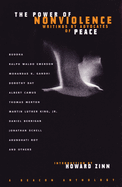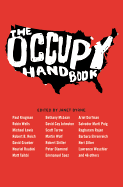 For Woody Guthries’s 100th birthday. The children’s book “This Land Is Your Land” first appeared in 1998, and has since been updated with a special edition. The book has bright, folk art style illustrations by Kathy Jakobsen which bring Woody Guthrie’s classic song to life. It includes interesting details such as: a scene with a soup kitchen in a poor neighborhood; images of Woody Guthrie playing guitar with friends; and depictions of picnics and sing-a-longs in various regions of the USA. There is also a tribute to Woody Guthrie written by his friend Pete Seeger.
For Woody Guthries’s 100th birthday. The children’s book “This Land Is Your Land” first appeared in 1998, and has since been updated with a special edition. The book has bright, folk art style illustrations by Kathy Jakobsen which bring Woody Guthrie’s classic song to life. It includes interesting details such as: a scene with a soup kitchen in a poor neighborhood; images of Woody Guthrie playing guitar with friends; and depictions of picnics and sing-a-longs in various regions of the USA. There is also a tribute to Woody Guthrie written by his friend Pete Seeger.
Every page will stimulate discussion about how things were and are around America, as well as the lessons and culture of Occupy Wall Street. And, your child will become familiarized with a song that has been sung over and over again — with old and new verses — at Liberty Square and many other occupations.
“This Land Is Your Land” is truly beautiful, fun, and thoughtful. It is a great book to use to explain to children ideas such as economic hard times, the joy and power of community, and the focus of Occupy Wall Street. Continue reading Celebrate Woody Guthrie 100th Birthday with one of our favorite books






